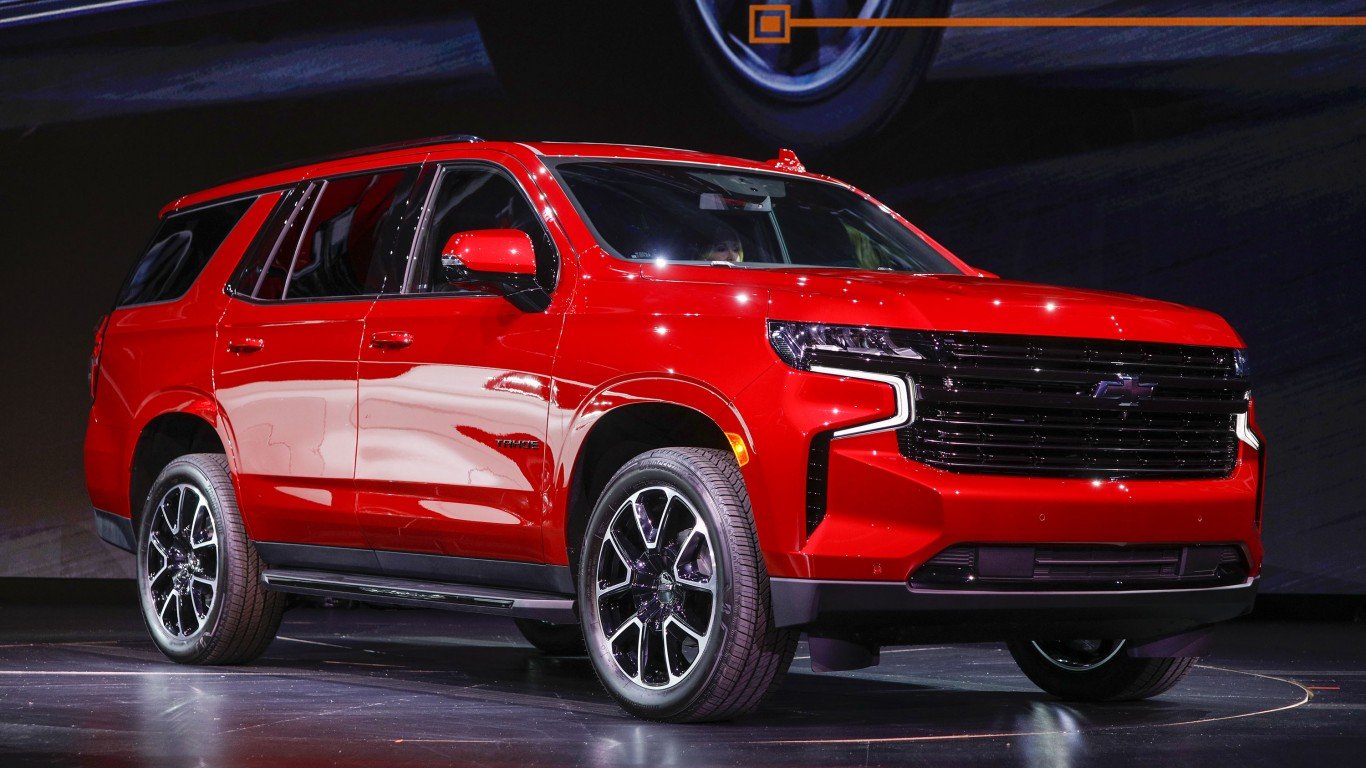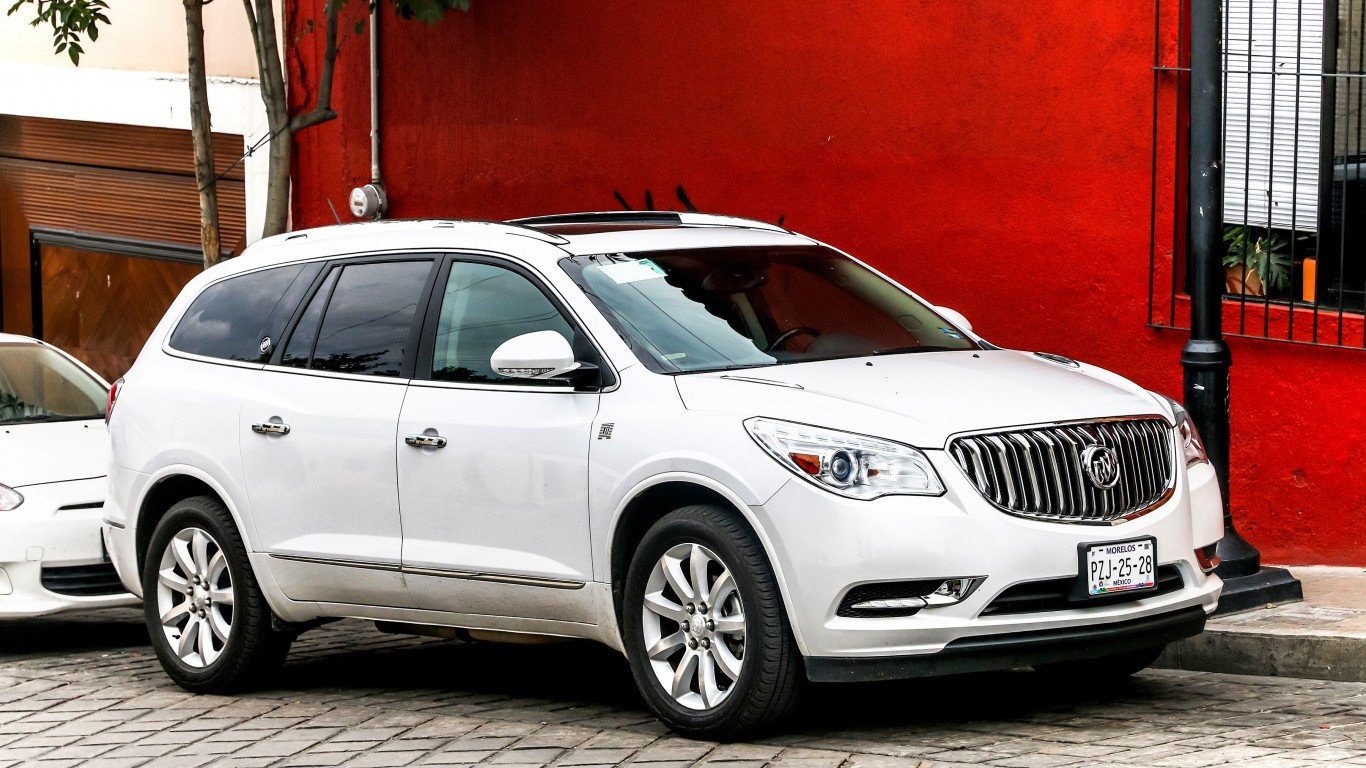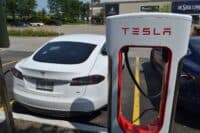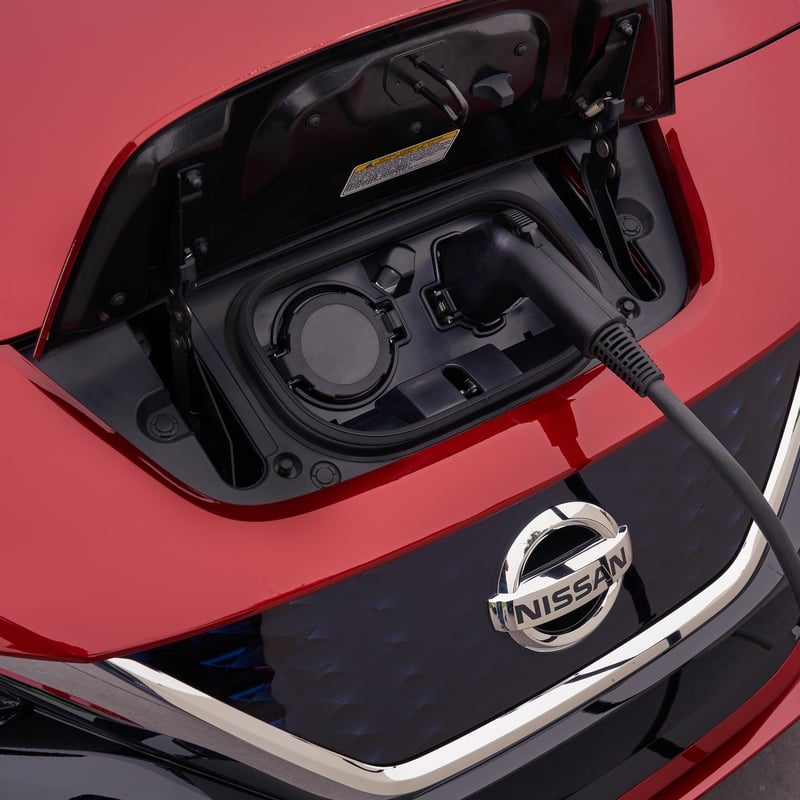

Toyota Motor Corp. (NYSE: TM) said on Monday that the company expects to sell more than 5.5 million electrified vehicles by “around” 2030, including 1 million zero-emissions vehicles. To further that effort, Toyota will introduce 10 battery-electric vehicles (BEVs) by the early 2020s and expects electrified vehicles to account for half its total sales by 2030.
That announcement is just the latest in a long string of press releases from 15 automakers on how they plan to build more electrified vehicles and how quickly they expect the electric vehicles to be adopted by consumers.
The most aggressive plan for electrifying a fleet came from Volvo. The automaker said that it plans to offer an electrified version of all models by 2019, including fully electric cars, plug-in hybrid cars and mild hybrid cars. Volvo, which is owned by China’s Zhejiang Geely since 2010, plans to launch five fully electric cars between 2019 and 2021.
Geely has said 90% of the vehicles it sells will by hybrid or fully electric models by 2020, a jump from just 1.5% in the first half of this year. Jaguar Land Rover, which is owned by India’s Tata Motors, plans to have all its models available in all-electric or hybrid versions by 2020.
That’s the thing: industry analysts are projecting that electrified car sales will account for just over a quarter of all sales by 2030, up from just over 1% last year. How does that growth rate happen?
Lower costs for batteries and other technological advances in materials will drive part of the growth. Government regulation phasing out sales of fossil-fuel powered cars over the next 20 to 30 years also will play a determining role, given consumers current preferences for larger, less fuel-efficient vehicles rather than smaller, more fuel-efficient models. As long as gasoline remains relatively cheap, getting consumers voluntarily to buy electrified vehicles will be challenging.
According to a report at Bloomberg, here is what the 15 carmakers who have announced more or less electrified fleets believe their electric car business will look like between now and 2030. The projections are based on sales of battery electric, hybrid, mild hybrid, plug-in hybrid, and hydrogen fuel-cell vehicles.
- Toyota: by 2030, 50% of total sales
- Volkswagen: by 2020, 30 electrified models; by 2025, 25% of all sales; by 2030, 300 electrified models
- General Motors: by 2020, 20 electrified models; by 2025, 5% of all sales
- Renault-Nissan-Mitsubishi: by 2022, 12 electrified models
- Hyundai-Kia: by 2020, 26 electrified models
- Ford: by 2020, 13 electrified models
- Honda: no estimate on models; by 2025, 40% of all sales; by 2030, 67% of all sales
- Daimler: by 2022, 50 electrified models; by 2025, 25% of all sales
- Peugeot: by 2020, 11 electrified models
- Chongqing Changan: no estimate on models; by 2025, 100% of sales
- BMW: by 2020, 47 electrified models; by 2025, 25 electrified models
- BAIC: no estimate on models; by 2025, 100% of sales
- Geely: no estimate on models; by 2020, 90% of sales
- Jaguar Land Rover: no estimate on models; by 2020, 100% of sales
- Volvo: no estimate on models; by 2019, 100% of sales
The switch to electrified transportation is virtually inevitable but expecting this level of change in just over 10 years may be overly optimistic. Carmakers may be committed, but consumers still need to be brought around and that’s a lot harder to achieve.
Sponsored: Want to Retire Early? Here’s a Great First Step
Want retirement to come a few years earlier than you’d planned? Or are you ready to retire now, but want an extra set of eyes on your finances?
Now you can speak with up to 3 financial experts in your area for FREE. By simply clicking here you can begin to match with financial professionals who can help you build your plan to retire early. And the best part? The first conversation with them is free.
Click here to match with up to 3 financial pros who would be excited to help you make financial decisions.
Thank you for reading! Have some feedback for us?
Contact the 24/7 Wall St. editorial team.
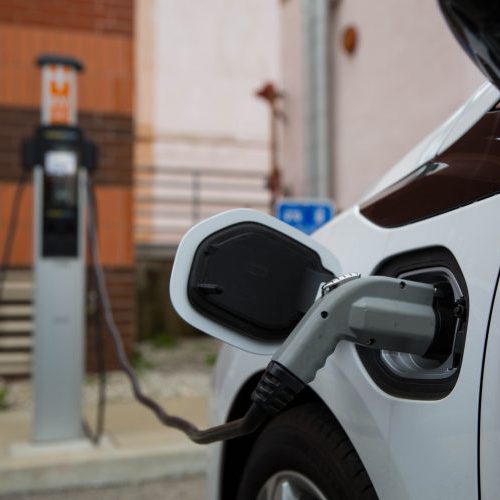 24/7 Wall St.
24/7 Wall St.
